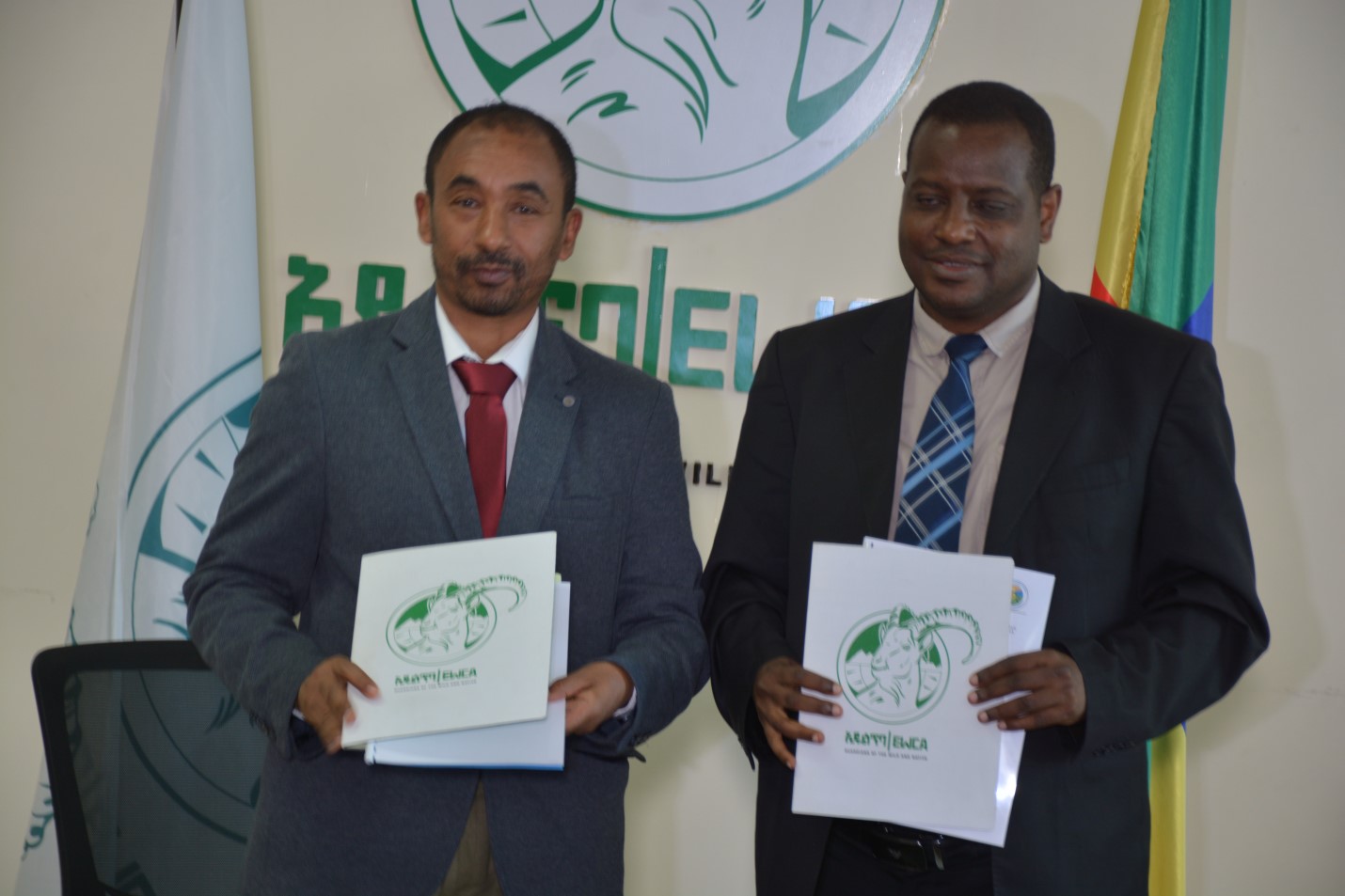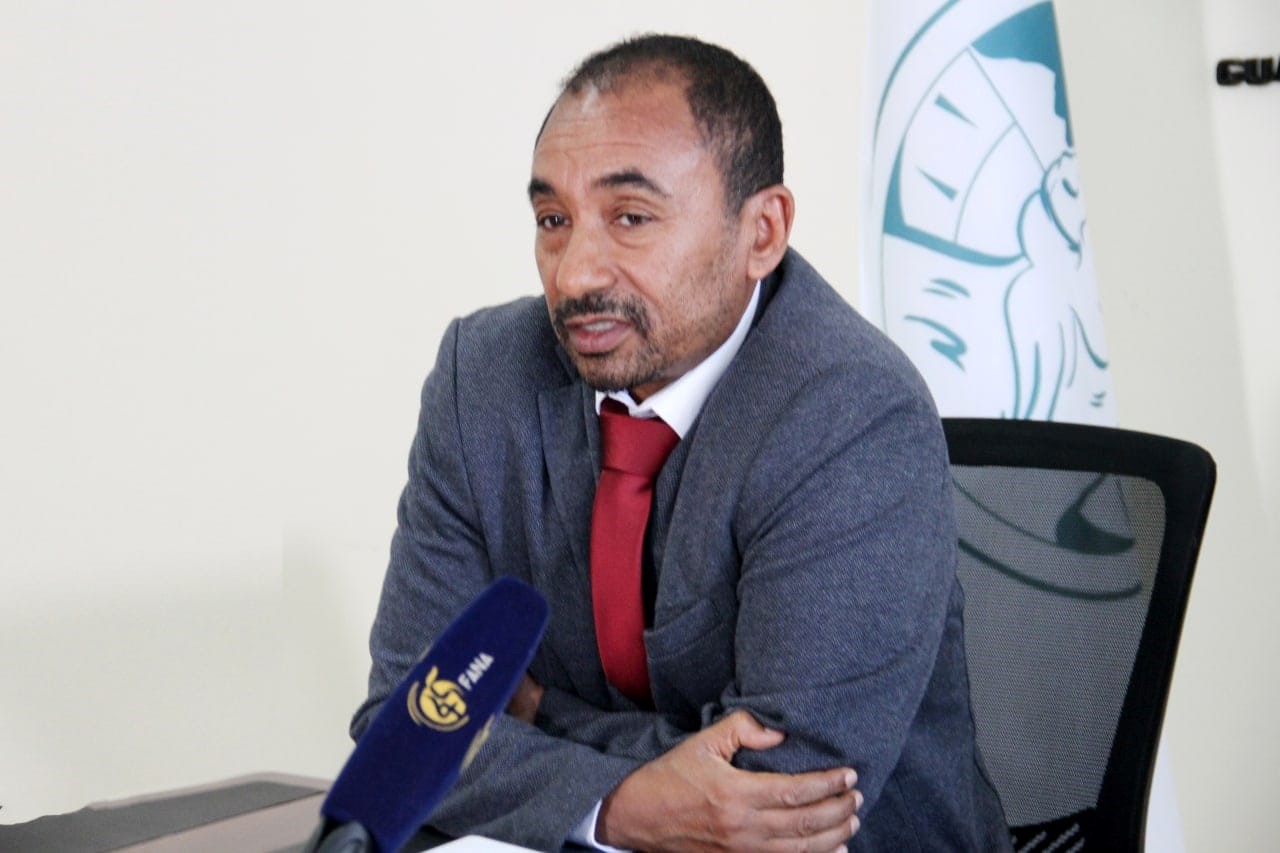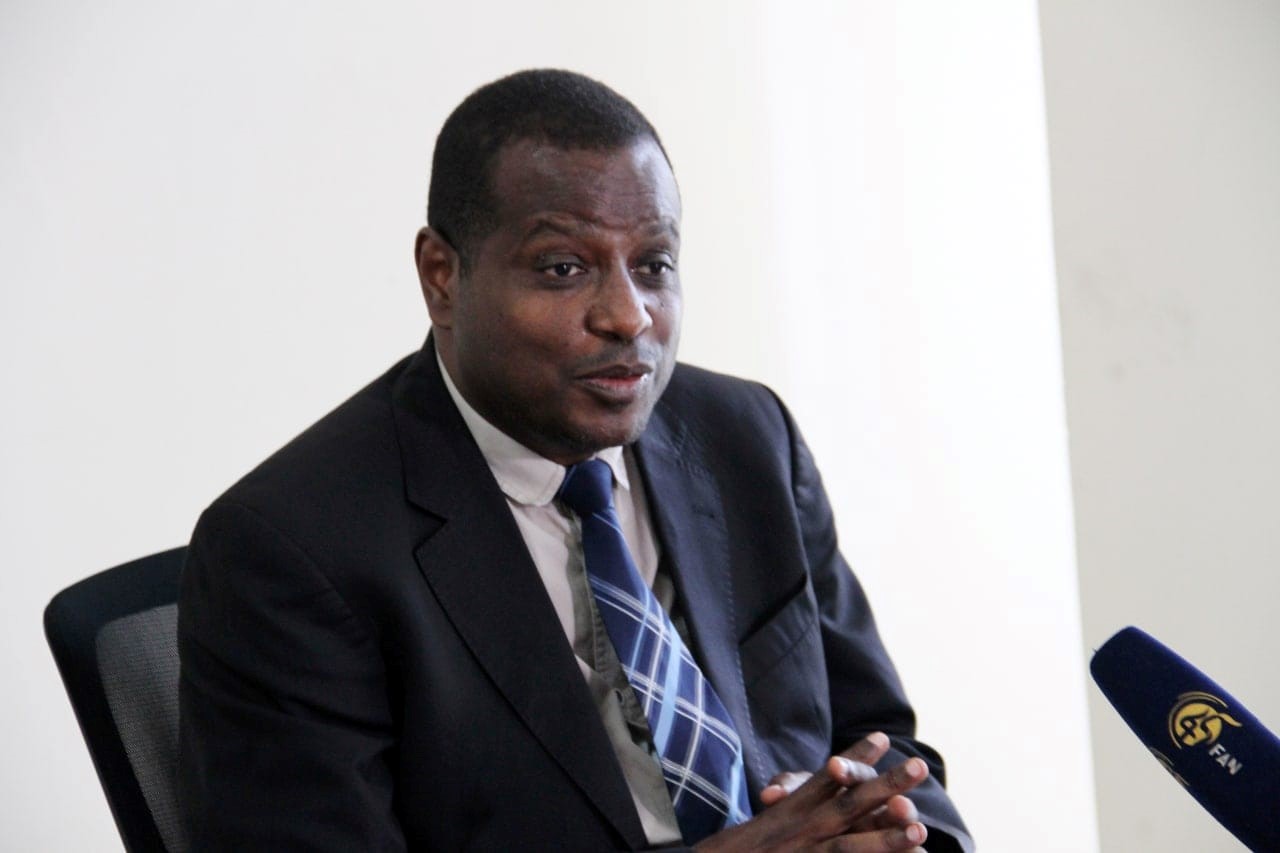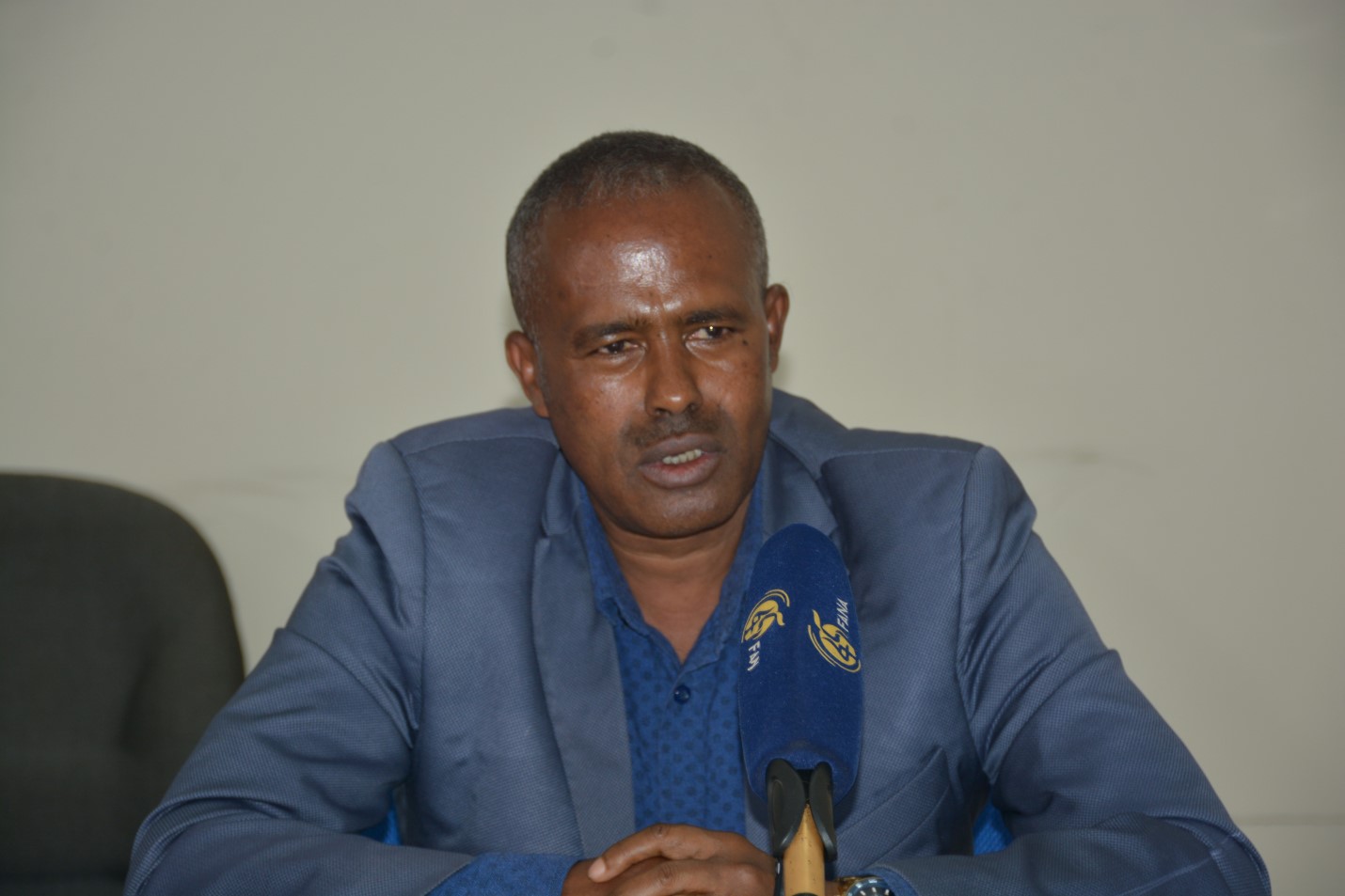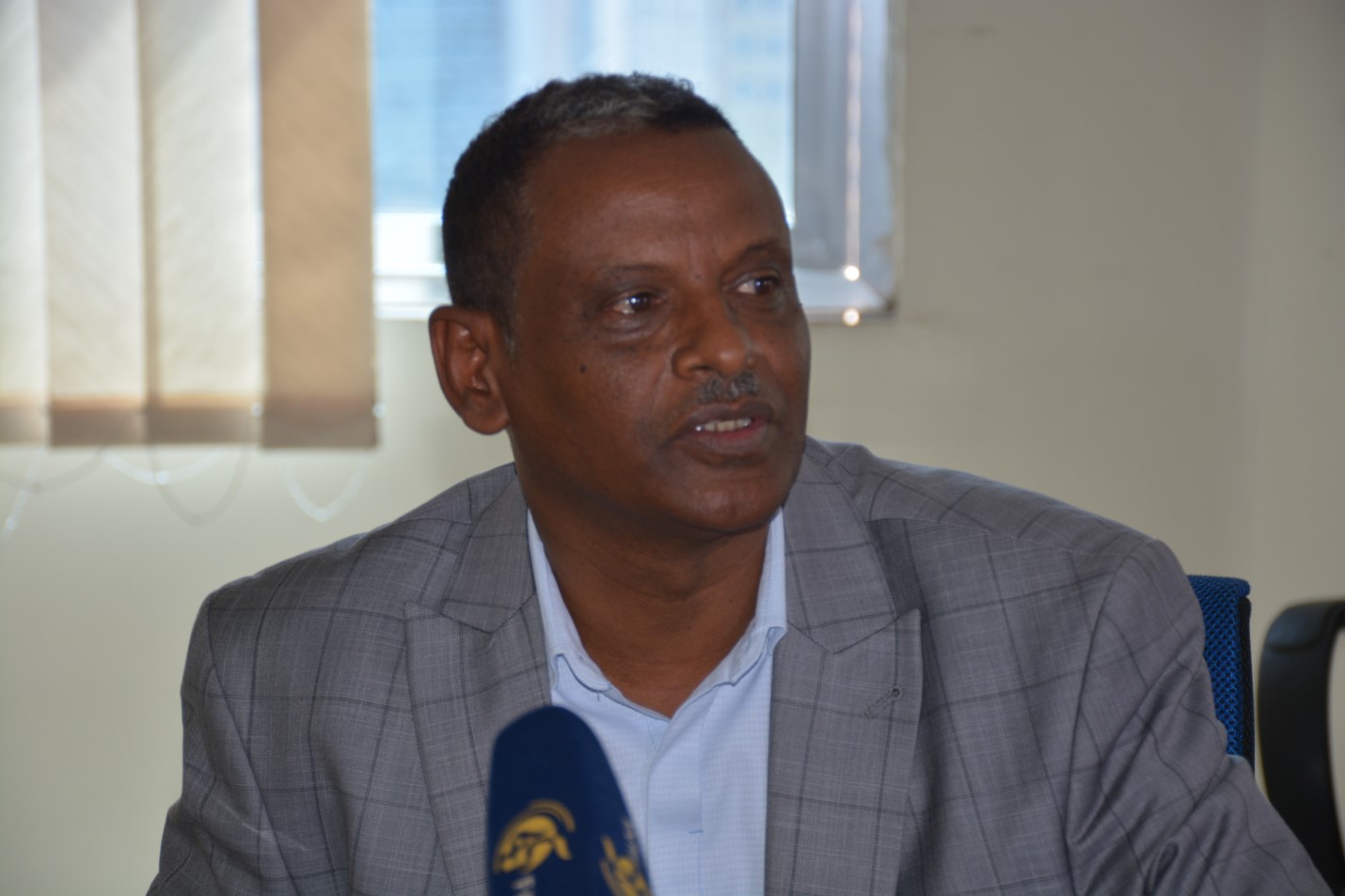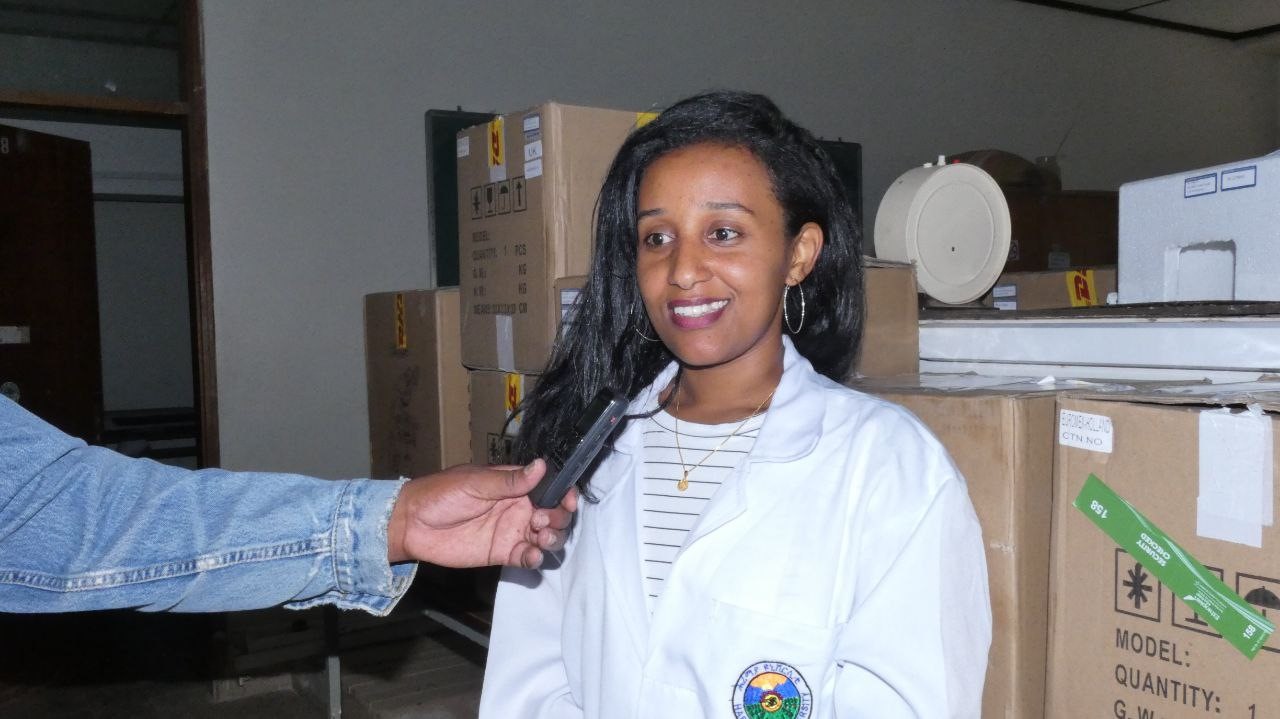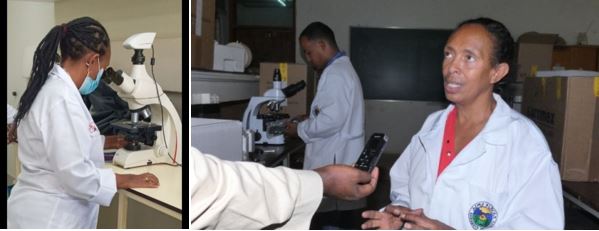Haramaya University College of Veterinary Medicine conducted national curriculum review workshop to launch five postgraduate programs on March 30, 2022 at the University’s Senate Hall.

The new postgraduate programs are PhD in Food Safety and Zoonoses and four MSc programs; namely MSc in Veterinary Parasitology, MSc in Veterinary Obstetrics and Gynecology, MSc in Veterinary Surgery, MSc in Farm Animal Medicine.

During the welcoming speech, Prof Adem Hiko, Dean of College of Veterinary Medicine, said curriculum review is a crucial activity in academic programs for the purpose of enhancing education quality and producing market oriented graduates.
The five postgraduate programs presented on the national curriculum review workshop are designed based on need assessment analysis.

Reviewing the curriculum is also vital to make it updated and timely with consideration of national and international demand and standards, he added.
In line with this, the College has also planned to review curricula of the three existing graduate programs in the College; MSc in Veterinary Public Health, MSc in Veterinary in Microbiology and MSc in Veterinary Epidemiology.

Prof Mengistu Urge, Vice President for Academic Affairs, in his opening speech, appreciated the works undertaken by College of Veterinary Medicine and said as one of the research universities in the country; Haramaya University is expected to produce postgraduate programs.
The curricula designed by the College have to be reviewed in line with its national and international quality standards, alignment with the standards, consistency with objectives, and comprehensiveness of the curriculum, Prof. Mengistu added.

Dr. Yilfashewa Seyoum, Director of Academic Programs at the University, in his closing speech, expressed his gratitude to the program preparation team, the reviewers, and the workshop participants for their support in providing constructive comments and suggestions that they forwarded to shape the content, pedagogy, and structure of the curricula.

He recommended that important concerns and modifications raised during the discussion be included and rectified. With final amendments to the programs, the College of Veterinary Medicine is anticipated to provide all the programmes for the next approval by the University Senate.
The event was attended by over 50 HU staff, postgraduate students and senior professionals from Addis Ababa and Ambo universities.
By:- Shemsedin Mohammed
Photographer:- Tewodros Lishan
PIRD





































 Haramaya University Academic Assessment and Quality Assurance Directorate conducted training for the higher and middle level educational leaders under the theme “Determinants of Quality Education” on 14 April, 2022 at the Senate Hall.
Haramaya University Academic Assessment and Quality Assurance Directorate conducted training for the higher and middle level educational leaders under the theme “Determinants of Quality Education” on 14 April, 2022 at the Senate Hall.






































